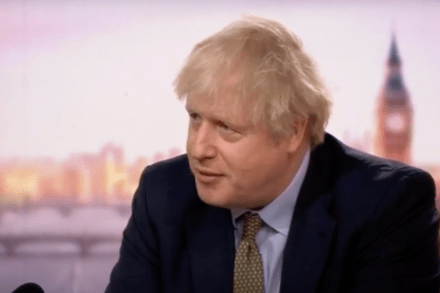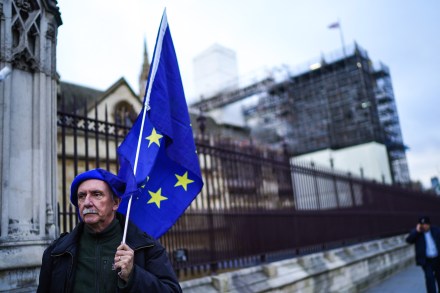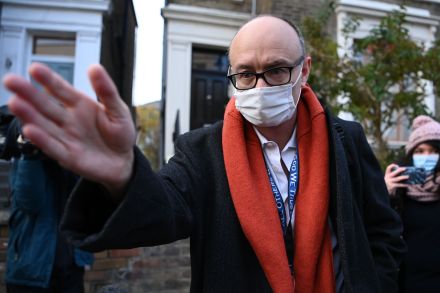Sunday shows round-up: primary school children should ‘absolutely’ return, says Boris Johnson
Boris Johnson – Restrictions ‘probably about to get tougher’ The Andrew Marr Show returned this morning, and with it came an in-depth interview with the Prime Minister. It will surprise no one to hear that the bulk of the interview focused on the coronavirus, and Boris Johnson signalled throughout that the new year could see fresh restrictions being brought into place. He did not go into any detail about what measures could be introduced under a potential ‘Tier 5’, but it was clear enough that his 5pm Downing Street press conferences were not yet a thing of the past: BJ: It may be that we need to do things in




















